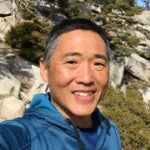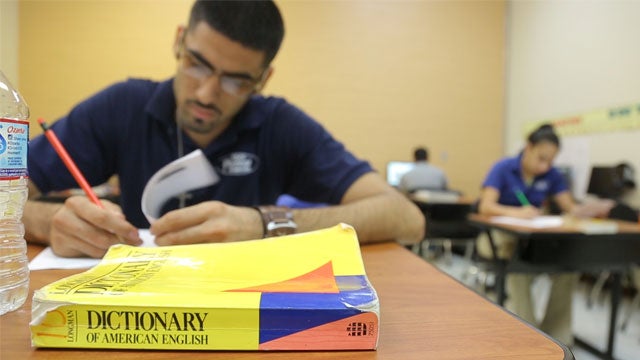Tension as Catalyst: Land Stewardship and Development Align for a Better Rural West
Download the Data Presentation here: Haggerty_Portland_ARO_Slides_6-7-2019
It’s no secret: the fortunes and future of many rural communities, especially in the West, are strongly tied to how natural resources are cared for and managed. In the past, economic development proponents and natural resource champions have often been at odds on resource use. But now, necessity and a sense of shared fate are forging collaborative solutions that simultaneously advance economic development and sensible resource management – while also building more inclusive communities. This new way of doing business signifies an emerging gold standard, a shift that propels enduring stewardship and prosperity. Rural-rooted intermediary organizations are central to this transformation, convening across interests and roles – and working across historic divides.
Our America’s Rural Opportunity conversation on June 10th showcased five rural and tribal innovators who are leading this way forward. Learn about what they have done to forge new productive partnerships and about the difference it has made for the economy and environment, as well as rural communities and livelihoods.
This America’s Rural Opportunity event was co-sponsored by the Rural Development Innovation Group, the Rural Voices for Conservation Coalition, Aspen Institute Community Strategies Group, and Mark O. Hatfield School of Government at Portland State University with support from the U.S. Forest Service.
The Innovators
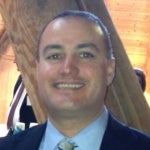 William Barquin
William Barquin
Attorney General, Kootenai Tribe of Idaho
William serves as Attorney General of the Kootenai Tribe of Idaho, providing legal advice on issues affecting the Kootenai Tribe’s government and enterprises, including self-determination, economic development, natural resource and environmental protection and cultural and archaeological resource protection.He has represented tribal fish and wildlife departments on the interrelationship of the Northwest Power Act, Endangered Species Act, National Historic Preservation Act and other legal authorities in protecting tribal natural resource utilization, Treaty-reserved rights, as well as promotion and implementation of tribal self-governance. William is Eastern Shoshone and Oglala Lakota and was raised on his father’s ranch on the Wind River Indian Reservation in Wyoming.
 Tony Ruth
Tony Ruth
Executive Director, Salmon Valley Stewardship
Toni is the Executive Director of Salmon Valley Stewardship and lives in Salmon, Idaho. She relishes working with a passionate staff and board to promote a sustainable economy and productive working lands in the stunning Salmon River Region of Central Idaho. She was a founding board member of SVS and served as board secretary, treasurer, and president at various times during her board service. Toni serves on the Leadership Team of the Rural Voices for Conservation Coalition, the Steering Committee for the High Divide Collaborative, and as a council member of the Wild Felid Association.
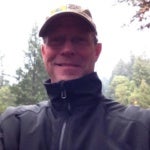 Mark Webb
Mark Webb
Executive Director for Blue Mountains Forest Partners
Mark Webb is Executive Director for Blue Mountains Forest Partners, a diverse group of stakeholders who work collaboratively and use the best available science to increase the pace and scale of restoration on the Malheur National Forest. Prior to this he served as Grant County Judge, taught at Eastern Oregon University, and worked in natural resource related jobs across eastern Oregon. Mark believes that strong, vibrant communities and healthy landscapes are inseparably linked.
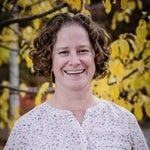
Susan Jane Brown
Staff Attorney, Western Environmental Law Center
Susan Jane is a staff attorney with the Western Environmental Law Center. Her primary focus is federal public lands forest management litigation, but her practice includes cases involving the Endangered Species Act, National Environmental Policy Act, National Forest Management Act, and other land management statutes. She is a former Co-Chair of the National Advisory Committee for Implementation of the National Forest System Land Management Planning Rule and is also heavily engaged in collaborative forest restoration in the Upper John Day Basin in eastern Oregon.
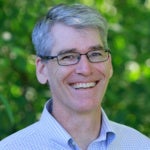
Mark Haggerty
Headwaters Economics
Mark moved to Bozeman, Montana in 1993 and has worked across the state and the West as a researcher, teacher, community organizer, and facilitator. At Headwaters Economics for the past 10 years, Mark has worked to understand why some communities do better than others, and to communicate key lessons and policy ideas to people working to make their own states, counties and towns more livable and sustainable. Mark’s expertise is in fiscal policy, rural economic development, and community planning. He’s served on local planning boards, worked with county commissioners and state legislators across the West, and testified in Congress at the request of both Republicans and Democrats.
Moderator
Tony Cheng
Director of the Colorado Forest Restoration Institute
Tony is a professor in the Department of Forest & Rangeland Stewardship and is Director of the Colorado Forest Restoration Institute at Colorado State University. Tony’s primary research interests are in forest governance, policy and administration, with a focus on collaborative approaches to promote resilient social-ecological systems linked to forest landscapes. In his capacity as director of CFRI, Tony oversees programs to develop, compile and apply current knowledge through collaborative, adaptive management approaches to achieve forest restoration and wildfire hazard reduction goals.
This America’s Rural Opportunity event is co-sponsored by the Rural Development Innovation Group, the Rural Voices for Conservation Coalition, Aspen Institute Community Strategies Group, and Mark O. Hatfield School of Government at Portland State University with support from the U.S. Forest Service.
